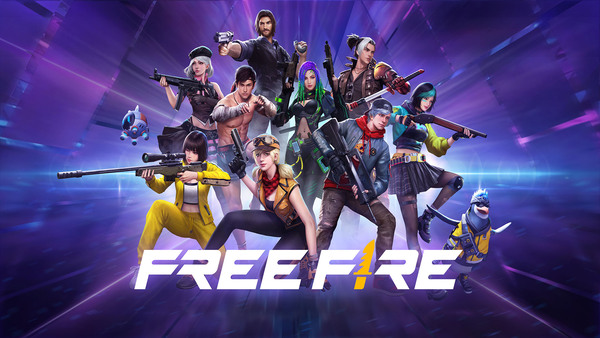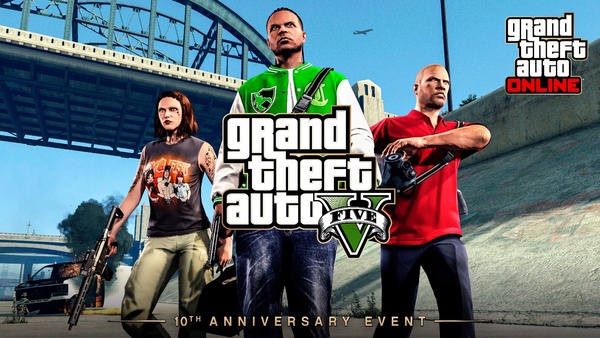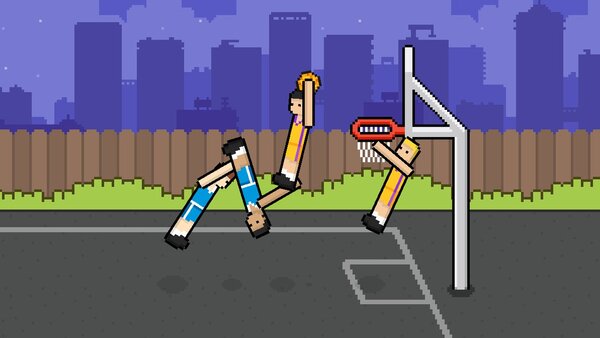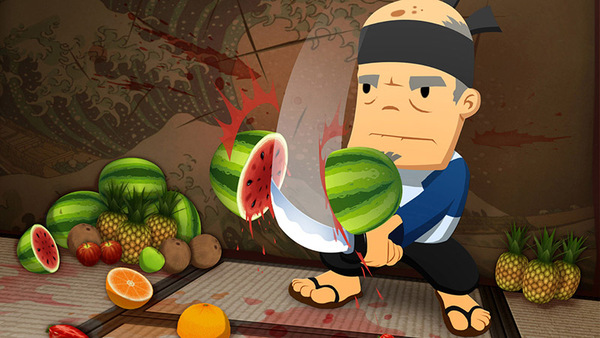Since its release in 2009, Left 4 Dead 2 has stood as a pillar of cooperative multiplayer gaming. Developed by Valve, this fast-paced, team-based zombie shooter pushed the genre forward with its dynamic gameplay, memorable campaigns, and a community-driven legacy that persists well into the 2020s. It’s more than just a sequel—it’s a benchmark for what a multiplayer survival shooter should be.
In this article, we’ll explore the full legacy of Left 4 Dead 2, from its development and launch through its gameplay systems, modding community, cultural impact, and how it remains relevant today. You'll also find pros, cons, and a final expert rating.
1. Origins and Development
Valve announced Left 4 Dead 2 just a year after the original game’s launch. While some fans initially felt the sequel was coming too soon, Valve had ambitious goals. The team wanted to expand the core systems, fix issues from the first game, and introduce a more versatile and replayable experience.
The game was built on Valve's Source engine, but the major innovation came from an upgraded version of the AI "Director." Director 2.0 would dynamically change level layouts, enemy placements, item drops, and even music cues depending on how players were performing. It was a bold evolution in adaptive gameplay.
This rapid development cycle paid off. Valve created a richer, more varied game while retaining the foundation that made the original great.
2. Launch and Early Reception
Released in November 2009, Left 4 Dead 2 was met with critical acclaim. Players and critics praised the improvements over the original: more campaigns, new weapons, special infected types, and varied locations.
IGN gave it a 9.0/10, praising its replayability and teamwork emphasis. PC Gamer called it “the most replayable game of the year.” Some initial backlash over its quick release faded quickly as fans recognized the depth and polish of the sequel.
Within a year, it had sold millions of copies worldwide and earned a loyal player base that would only grow.
3. New Campaigns and Characters
Left 4 Dead 2 features five primary campaigns at launch:
-
Dead Center
-
Dark Carnival
-
Swamp Fever
-
Hard Rain
-
The Parish
Each campaign introduced not only new environments but a tone and theme of its own. For example, Dark Carnival leaned into horror-comedy, while Hard Rain focused on weather-based gameplay changes, such as a thunderstorm that limits visibility.
The new survivors—Nick, Rochelle, Coach, and Ellis—quickly became fan favorites thanks to well-written dialogue and dynamic voice acting. Their personalities brought humor and humanity to an otherwise bleak apocalypse.
4. New Special Infected and Weapons
One of Left 4 Dead 2's most impactful changes was its expanded enemy roster. New special infected added strategic variety:
-
Charger – Rushes survivors and slams them into walls.
-
Jockey – Jumps on a survivor’s back and steers them into danger.
-
Spitter – Lays down pools of acid that discourage camping.
These joined existing threats like the Tank, Boomer, Smoker, Witch, and Hunter. The new infected forced teams to move quickly and stay coordinated, making each encounter feel unpredictable.
Melee weapons were also introduced: katanas, frying pans, chainsaws, and more. These added a satisfying, visceral layer to combat, especially during tight horde moments.
5. Game Modes and Replayability
Beyond standard co-op campaign mode, Left 4 Dead 2 introduced several additional game modes:
-
Versus Mode – Teams take turns playing as both survivors and infected.
-
Scavenge Mode – Teams compete to collect fuel cans under time pressure.
-
Survival Mode – Defend against endless waves for as long as possible.
-
Realism Mode – Removes UI aids like player outlines, making co-op more challenging.
These modes significantly increased the game’s longevity. Whether you wanted intense team competition or just chaotic fun with friends, there was a mode for every style of play.
6. Dynamic AI and Level Design
What sets Left 4 Dead 2 apart from many co-op shooters is its AI Director. Rather than static levels, the Director adjusts the difficulty on the fly:
-
Spawns more enemies if you’re doing well
-
Delays hordes if you’re barely surviving
-
Changes item locations to keep things unpredictable
This means that no two playthroughs are ever exactly the same. Combined with expertly designed levels—featuring verticality, traps, and alternative routes—it keeps the game feeling fresh, even after dozens of hours.
7. Community, Mods, and Custom Maps
Modding is a huge part of Left 4 Dead 2’s longevity. Valve’s support for Steam Workshop has led to a goldmine of community content:
-
Custom campaigns like “Back to School” or “Warcelona”
-
Meme mods (turning zombies into Shrek or Teletubbies)
-
Weapon skins, character models, and sound packs
-
Gameplay mutations (extreme modes, realism+)
The modding community continues to create high-quality content in 2025. Some modded campaigns rival official ones in scope and quality, keeping the experience alive for long-time fans.
8. Competitive and Speedrunning Scene
While not designed as an esport, Left 4 Dead 2 developed a competitive scene. Versus tournaments test player reflexes, coordination, and map knowledge. Speedrunning also became popular, with players racing through campaigns under strict rules.
Competitive players often use advanced movement techniques like bunny hopping or death-cam manipulation, showcasing the depth beneath the game’s accessible surface. Community servers often host mods tailored specifically for competitive play.
9. Lasting Popularity and Cultural Impact
Even 15+ years after release, Left 4 Dead 2 remains one of Steam’s most active co-op games. It’s commonly found on best-selling lists during sales, and YouTube is full of L4D2 content—from meme compilations to mod showcases and roleplay sessions.
The game’s structure influenced many later titles, including:
-
Back 4 Blood
-
Warhammer: Vermintide
-
GTFO
-
Deep Rock Galactic
None have quite captured the magic that Valve did with Left 4 Dead 2, and that’s a testament to its timeless design.
Left 4 Dead 2 remains one of the best multiplayer co-op shooters ever made. Its simplicity, adaptability, and community support give it an enduring legacy unmatched by most modern games. Despite its age, it holds up remarkably well in 2025.
Conclusion
Left 4 Dead 2 is more than just a zombie shooter—it’s a co-op experience built on teamwork, tension, and dynamic challenges. Valve’s careful balance of design simplicity and AI complexity created a game that’s both immediately fun and infinitely replayable.
Whether you’re jumping in for the first time or returning for the 100th campaign run, Left 4 Dead 2 offers a survival experience that’s as thrilling now as it was in 2009. And with an active modding community and an evergreen design, it shows no signs of dying out anytime soon.
If you’re looking for one of the best cooperative games ever made, this is it.































